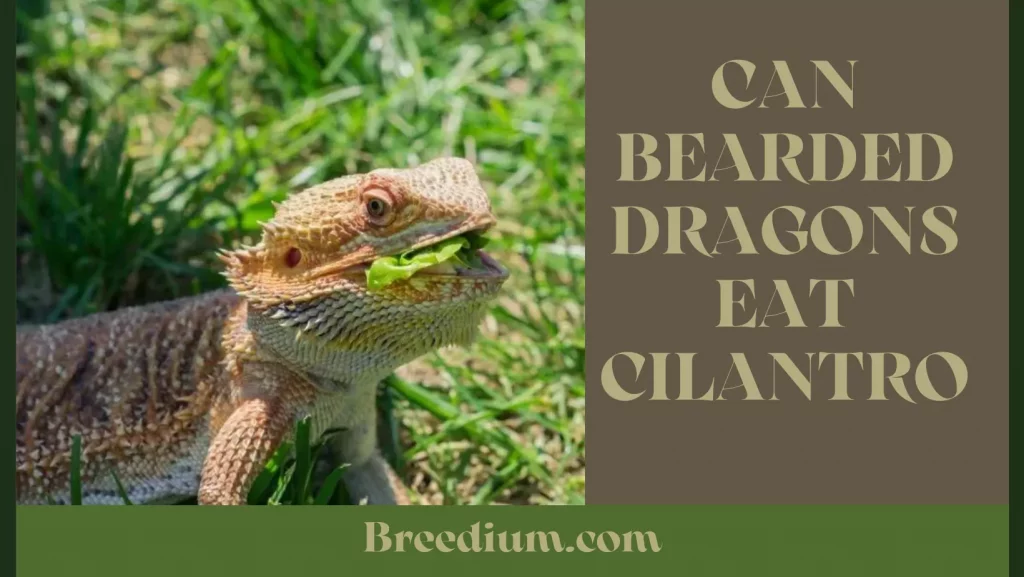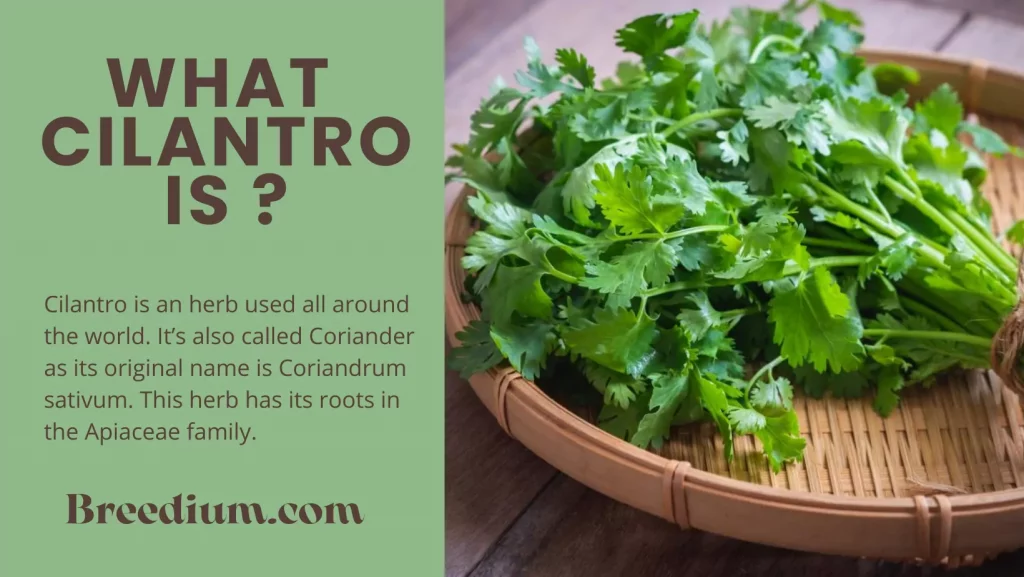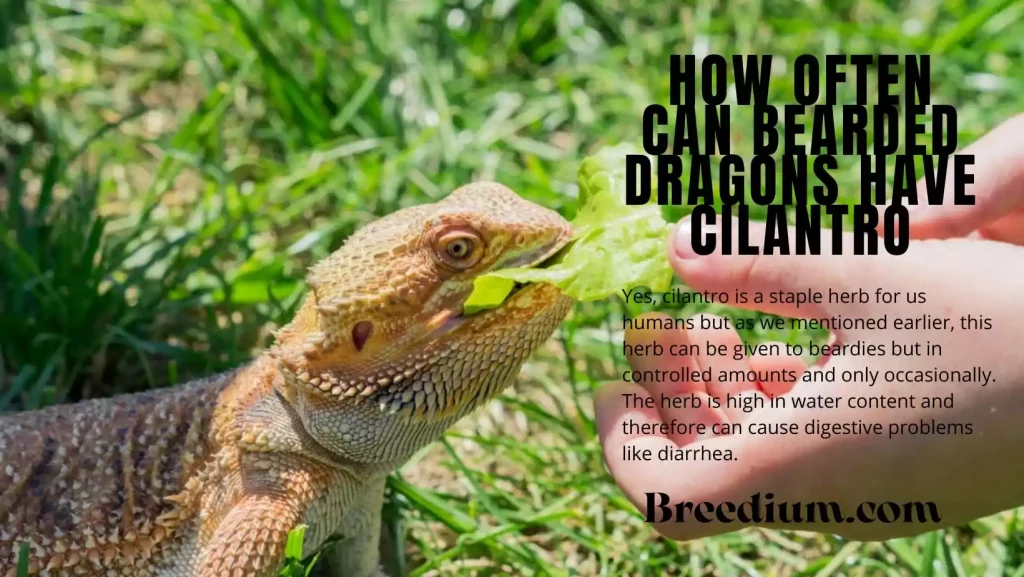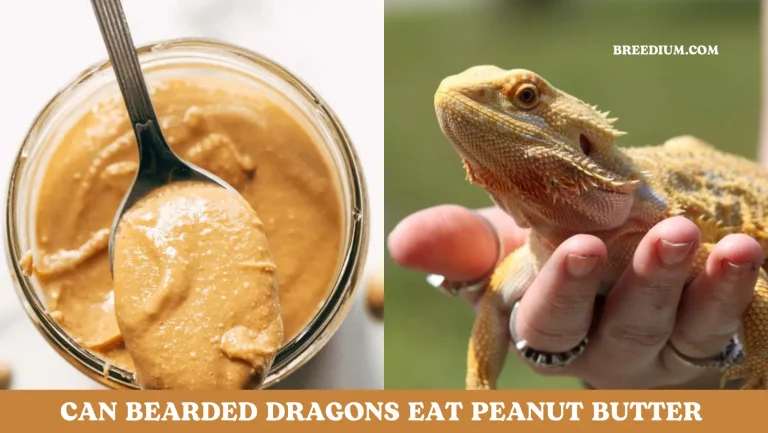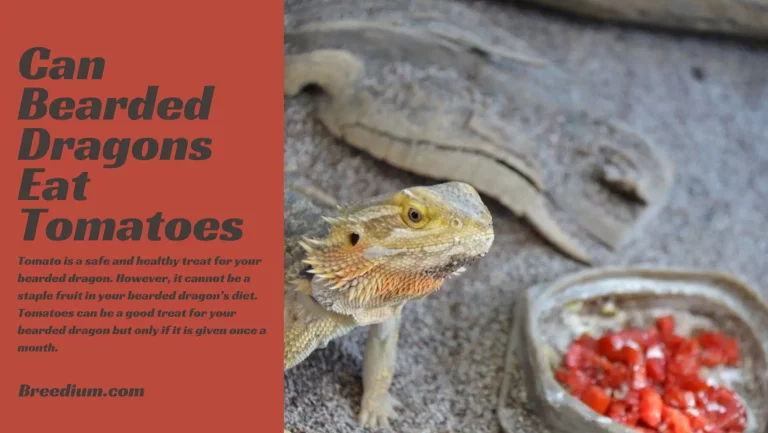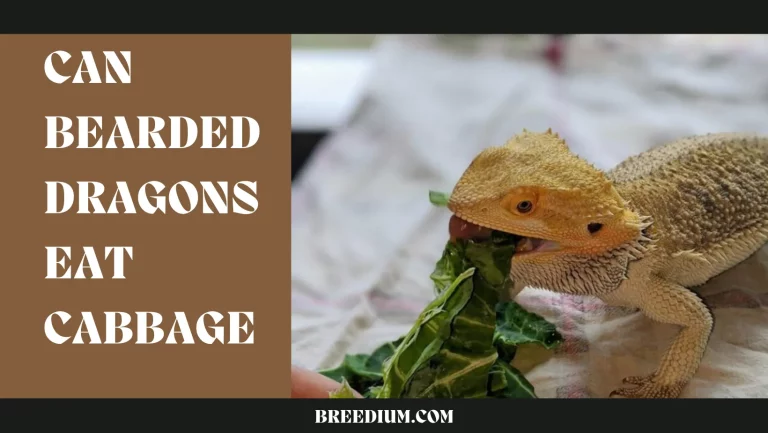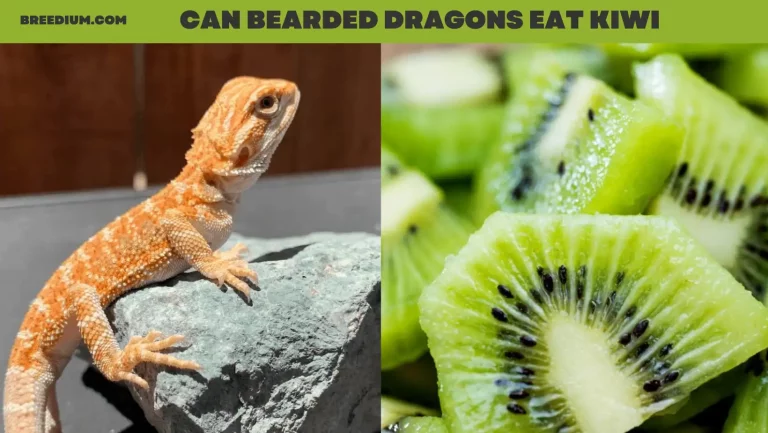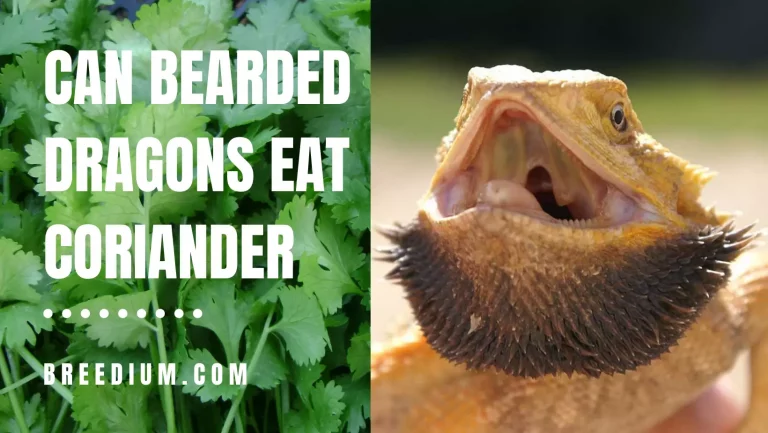Can Bearded Dragons Eat Cilantro? | Dietary Recommendations 2024
The bearded dragons living in the wilderness eat all kinds of green vegetation. This includes shrubs, stiff short plants, and even vegetables. However, in captivity, the pet owners have to provide them with the best foods so that these creatures grow into healthy adults. You might look around at the greens you eat yourself first! Can bearded dragons eat cilantro?
We all love it, and maybe it can be good for your pet too. While some greens might be good for us, they are not necessarily good for reptilians too. Let’s see what kind of nutrients cilantro has, and whether they are suitable for the bearded dragon or not.
Can Bearded Dragons Eat Cilantro
Bearded dragons can eat cilantro and you can safely add these greens to their meals. However, they should only be taken occasionally. The reason for this is the high water content, which fills up the bearded dragon’s palate but does not fulfill its daily requirements of other nutrients. Cilantro is like parsley and it does not have a high amount of essential nutrients like protein or calcium. Both these nutrients are considered the most crucial for your pet dragon. If you want to see your pet thrive, feed it greens that fulfill the daily requirements better.
Cilantro is a healthy and must-have herb in most homes. Cilantro or the leaves of the coriander plant is loved by us as it is a staple herb in many of our regular meals. It keeps human beings healthy with its antioxidants, potassium, calcium, fiber, and rich vitamins. But can bearded dragons eat cilantro in their meals? Is it healthy for them too?
Nutritional Facts About Cilantro
Greens are always healthy for a balanced diet and interestingly they are also healthy for the reptilian diet. It contains many essential nutrients that make a bearded dragon up and going for the day. Here is what a cup of raw cilantro can provide on average:
- 3.68 calories
- 0.587g carbohydrates
- 0.341g protein
- 0.083g fat
It also contains Vitamins which include Vitamin A, Vitamin C, and Vitamin K. Moreover, it also contains sufficient Calcium and traces of potassium, folate, manganese, beta-carotene, lutein, choline, and zeaxanthin. Also, the low sugar content makes this a very healthy choice for meals.
These components keep a bearded dragon healthy and so bearded dragons can eat cilantro in controlled amounts. Firstly, the amazing antioxidants in the herb fight inflammation in the reptile’s body and keep it in a good mood throughout. Secondly, a good amount of fiber maintains a healthy digestive system and also cures digestive diseases.
Talking about vitamins, Vitamin A helps in enhancing the vision of the beardies and also faster tissue and organ repair. Vitamin C makes a healthier and stronger immune system and also adds to the reproductive health of these lizards. Plus, Vitamin K helps to form new and healthy red blood cells for them. In addition, the potassium content in cilantro regulates the blood pressure in your docile beardie. This is specifically important for reptiles that are kept in enclosures.
Last but not least, Calcium in cilantro does its best in keeping and growing bones strong and healthy for young and adult bearded dragons.
How Often Can They Have Cilantro
Cilantro is a staple herb for us humans but as we mentioned earlier, this herb can be given to bearded dragons in controlled amounts and only occasionally. Bearded dragons can eat cilantro three to four times a week. They can have it sparingly in a few days as a garnish or as a sprinkle at the top of their meals too. Feel free to garnish your bearded dragon’s salad with a little coriander or cilantro every other day to help him keep a balanced diet. Also, read Can Bearded Dragons Eat Coriander if you want to know what’s best for them.
Can They Eat Cooked Cilantro
No, bearded dragons should not be given cooked cilantro. This is because Cilantro is already a watery herb and cooking or freezing increases its water-holding capacity. A dragon then has a poor digestive system, sickness, and awful diarrhea. Moreover, cooking reduces the efficacy of all the nutrients, which makes this botanical almost useless for beaded dragons.
In captivity, bearded dragons do not move around a lot and enjoy a sedentary lifestyle. Furthermore, they eat less because they expend less. Why would you want to feed your bearded pet any vegetable that is cooked and has reduced nutrition? Especially, when you can feed them something much more potent in its place! Use only fresh and raw greens for your pet dragons as this will nourish them more meaningfully. Furthermore, you may also love to read Can Bearded Dragons Eat Leeks.
Frequently Asked Questions
Can bearded dragons eat cilantro along with other herbs?
At a time, only one herb or leafy vegetable should be fed to a bearded dragon as all herbs are advised to give in fixed and controlled quantities. Giving two watery edibles at the same time will increase the overall water content of the meal and so upset the dragon’s stomach. Therefore, either only a pinch or two watery herbs can be given, or only one watery herb at a time.
What other herbs can a bearded dragon eat?
There are many other herbs bearded dragons can safely eat. These include basil, oregano, rosemary, parsley, lavender, fennel, sage, thyme, etc.
How can I feed Cilantro to my bearded dragon?
Cilantro can be fed three to four times a week to a bearded dragon, sprinkled on other meals, or chopped into small pieces as a salad in a very small amount. Young or juvenile bearded dragons have small mouths and narrow throats and therefore are very likely to choke even on the small cilantro leaves. Therefore, make sure you chop the leaves into fine pieces.
Are Coriander and Cilantro the same?
Yes, the name of the plant is biologically Coriandrum savitum. It is called coriander in England and many Asian countries too. However, its Spanish name is Cilantro, and is referred to by this name in many places around the world.
Conclusion
Can bearded dragons eat Cilantro? Yes, they can, but only three to four times a week and in restricted amounts. The occasional feeding of this healthy herb keeps a bearded dragon healthy. Primarily, it keeps their immune system, and bones strong. However, feeding it out of the limit can make bearded dragons sick with diarrhea.

Emma is a pet enthusiast, and her way with words makes her an expressive writer. Her interests lie in healthcare and planning nutrition for various pets. She has two girls, and she’s passing her passion to them through occasional volunteer projects in the small neighborhood zoo. Emma joined our team as an enthusiast and has added more years to her experience by researching more about various creatures!

